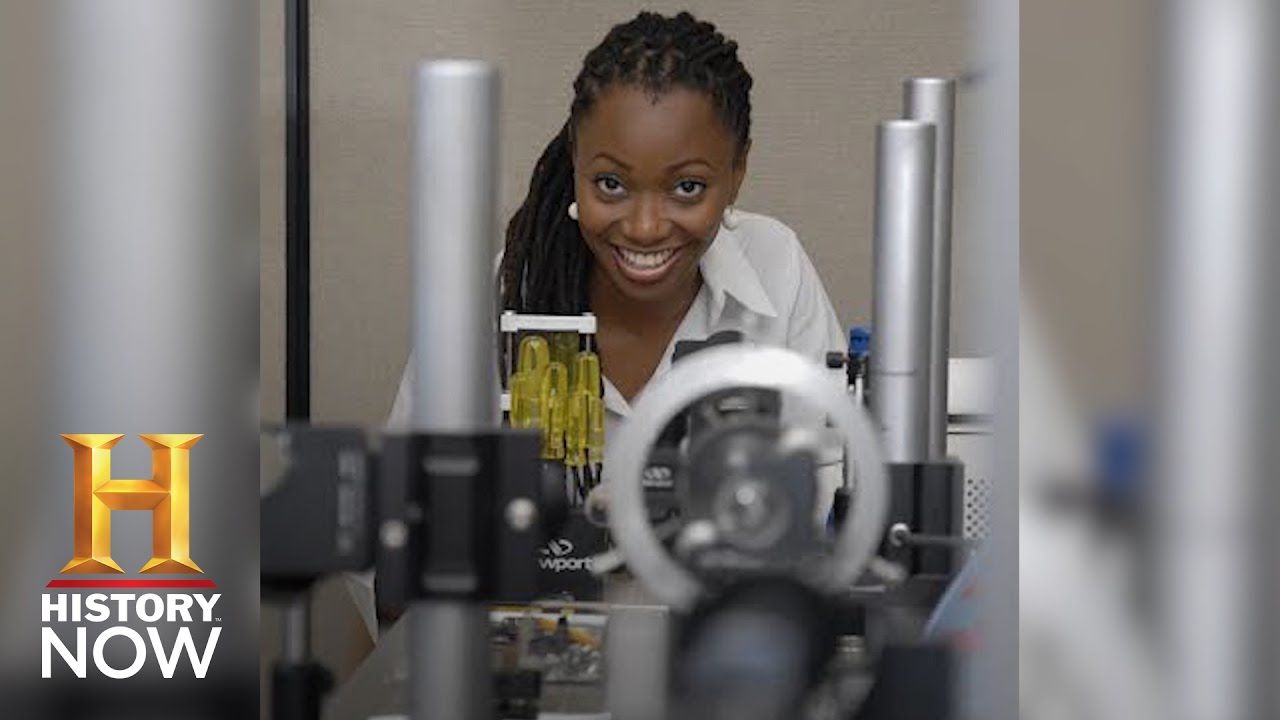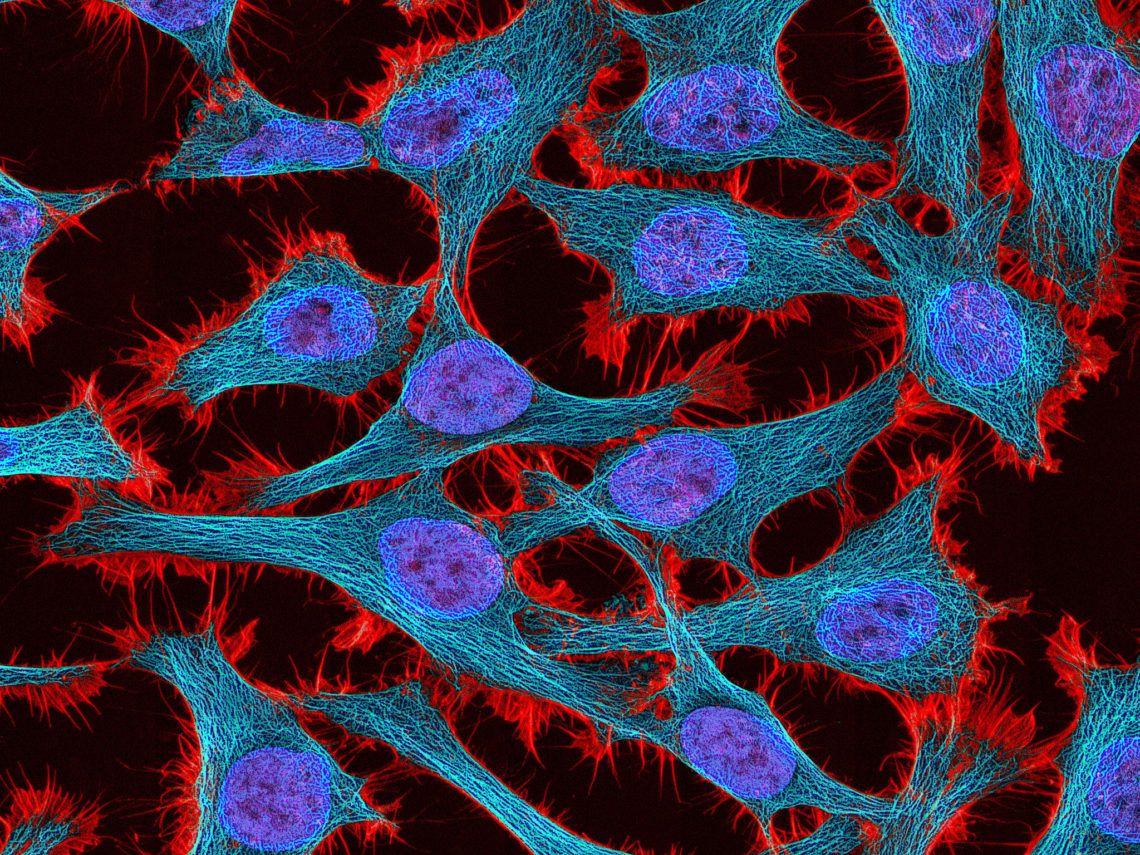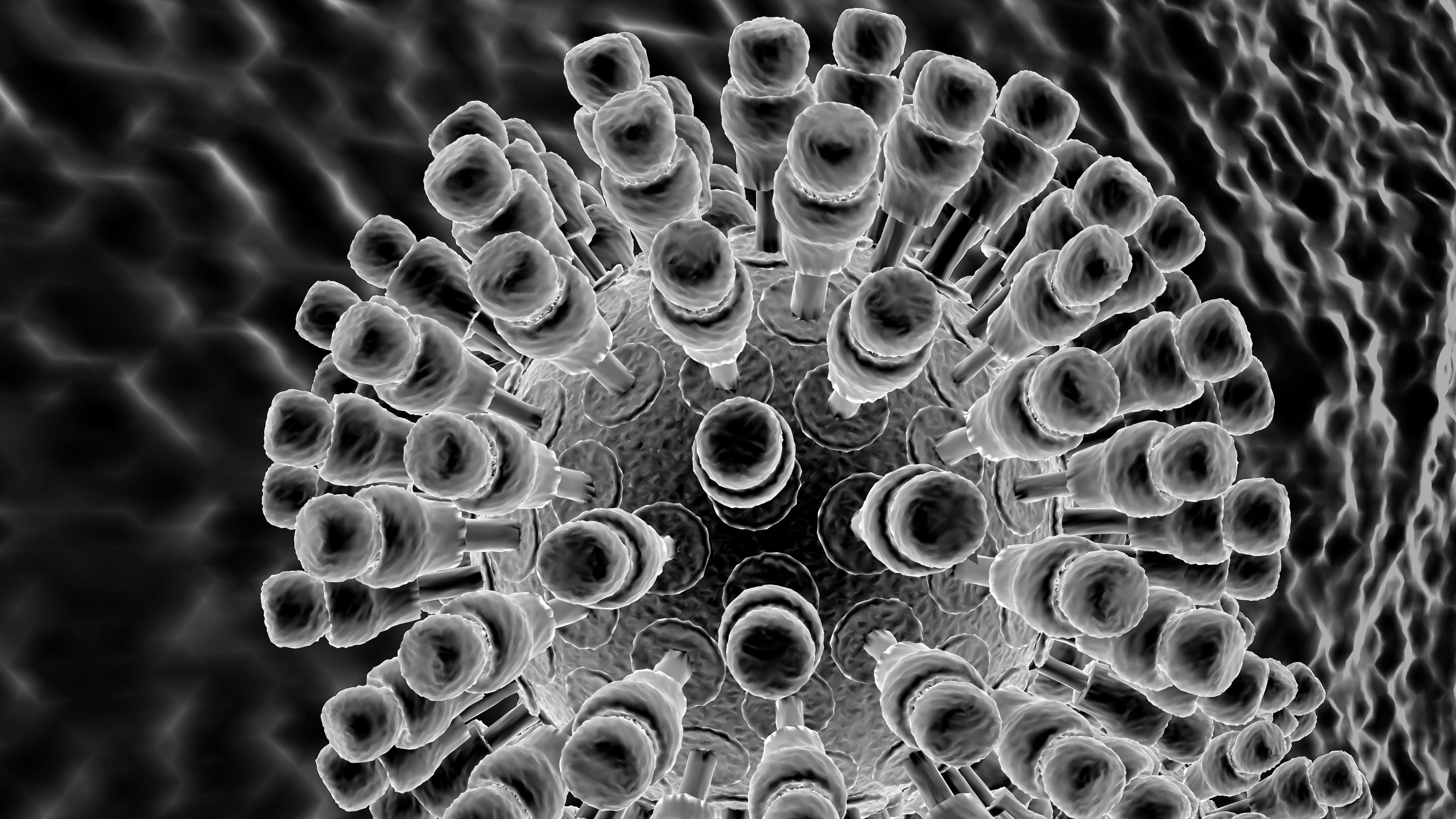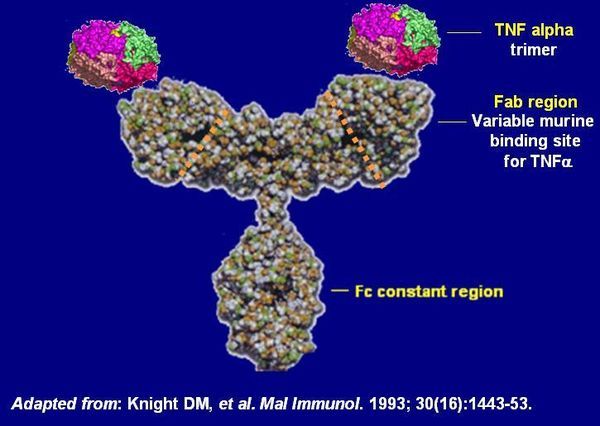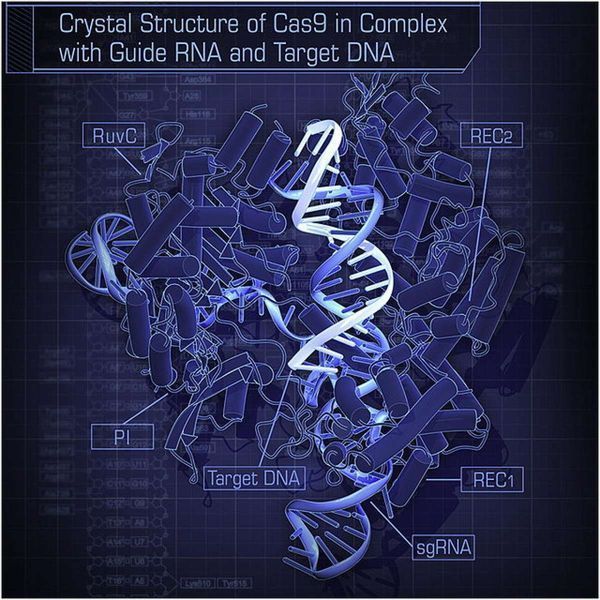Jan 24, 2017
Are We Terrible at Advocacy, or is it Actually Hard to Persuade People of the Merits of Living Longer in Good Health?
Posted by Steve Hill in categories: biotech/medical, life extension
Science isn’t the easiest thing to understand especially biology, but are we getting the message right about rejuvenation biotechnology? Reason at Fight aging delves into the issues and offers commentary about our recent blog article at LEAF.
For those of us who immediately understand, at first recognition, that the opportunity to live a longer life in good health would be a fantastic thing, and in fact so wondrous that we should jump up and do something to make it happen, it is a continual puzzle that we find ourselves in a minority. How is it that we live in a world in which the majority simply doesn’t care, or if prompted on the topic, declares their desire to age, suffer, and die on the present schedule? After a few years of this, one might be forgiven for thinking that we are just not very good at advocacy. But given a second consideration, we might ask why we should have to be good at advocacy at all in this situation. Isn’t more good health and vigor, and an absence of horrible, debilitating age-related disease, an obvious and unalloyed good? Isn’t the whole point of medicine to defeat disease and prolong health? Isn’t it the case that all of these people in favor of aging and age-related death nonetheless go out and visit the doctor when they get ill, while supporting research into treatments for cancer and other age-related diseases? I don’t think that we are the irrational ones in this picture.
After going on fifteen years of writing on this topic, I don’t have much more of an idea than I did when I started as to why greater human longevity isn’t an obvious and highly important goal for everyone. The same questions and theories back then are still here today, and there is still little data to pin down their accuracy: fear of frailty, of overpopulation, of any change, even positive, and so forth. Since it was an immediate and evident revelation for me, rather than a gradual conversion, perhaps I am not the right person to achieve that understanding. I am, however, pleased to see that despite the challenges our community of iconoclasts, heretics, revolutionaries, and rational thinkers on the subject of longevity science is greatly expanded these days. More of these folk than ever are writing and persuading, both inside and outside the scientific community. We have progressed and grown as a community, alongside progress in the state of the science.

